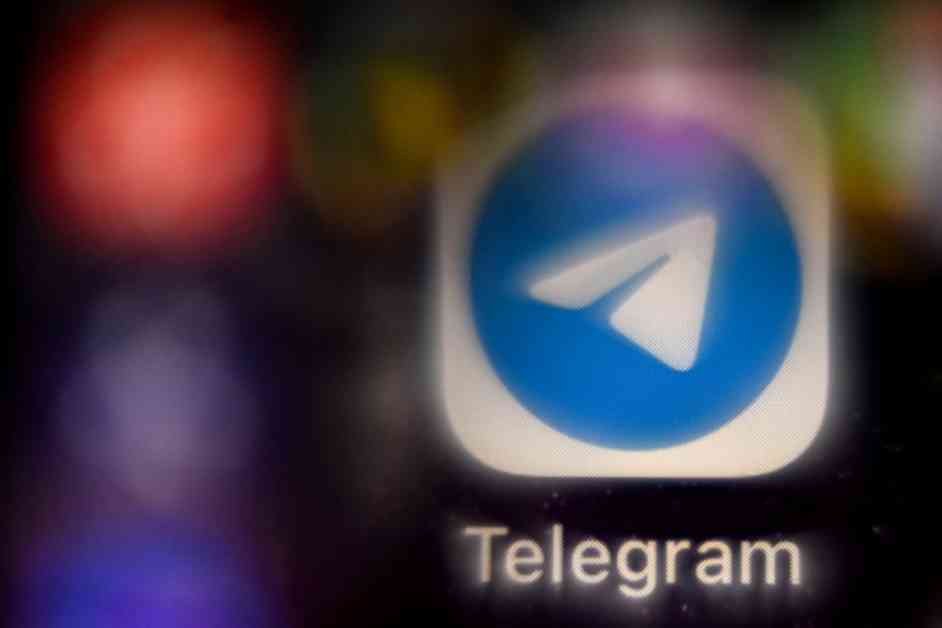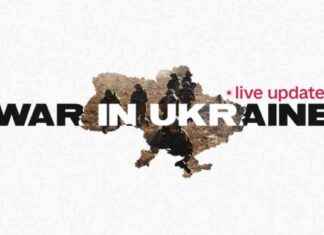Russia’s Response to Telegram Block in EU: What’s Next?
Russia has vowed to retaliate after the channels of its state media were apparently blocked on the popular Telegram social media platform in the EU. On Sunday, the channels of Ria Novosti news agency, Rossiya 1, Pervyi Kanal, and NTV television, as well as Izvestia and Rossiyskaya Gazeta newspapers, were not accessible in several countries, including France, Belgium, Poland, Greece, the Netherlands, and Italy. The move has sparked tensions between Russia and the European Union, with Moscow calling it “an act of censorship.”
Retaliation Threat and Censorship Accusations
Moscow condemned the blocking of its state media channels on Telegram as part of a “systematic cleansing of all undesirable sources of information from the information space.” Foreign ministry spokeswoman Maria Zakharova criticized the EU for its “constant campaign of repression against Russian media,” stating that such attacks will not go unanswered. She warned of retaliation and denounced the censorship of Russian media in the EU.
Escalating Tensions and Media Crackdown
The conflict between the EU and Russia intensified following Moscow’s deployment of troops to Ukraine in February 2022. This move led to the closure of most opposition media outlets in Russia, further straining relations between the two entities. The EU had previously banned Russian state media outlets like Ria Novosti, Izvestia, and Rossiyskaya Gazeta, accusing them of spreading propaganda.
Global Implications and Uncertain Future
As Russia threatens to retaliate against the EU for blocking its media channels on Telegram, the future of information dissemination and freedom of speech in the region remains uncertain. The ongoing conflict between the two sides has raised concerns about censorship, media repression, and the broader implications for international relations. The situation highlights the challenges of navigating the complex landscape of modern communication platforms and the impact of political tensions on media freedom.
Personal Touch: Imagine waking up one day to find that your favorite news channels and newspapers are suddenly inaccessible on social media platforms. How would you feel? The ongoing conflict between Russia and the EU over the blocking of state media channels on Telegram underscores the importance of freedom of speech and the power dynamics at play in the digital age. As we navigate this evolving landscape, it is essential to reflect on the implications of such actions on global communication and information sharing.

















